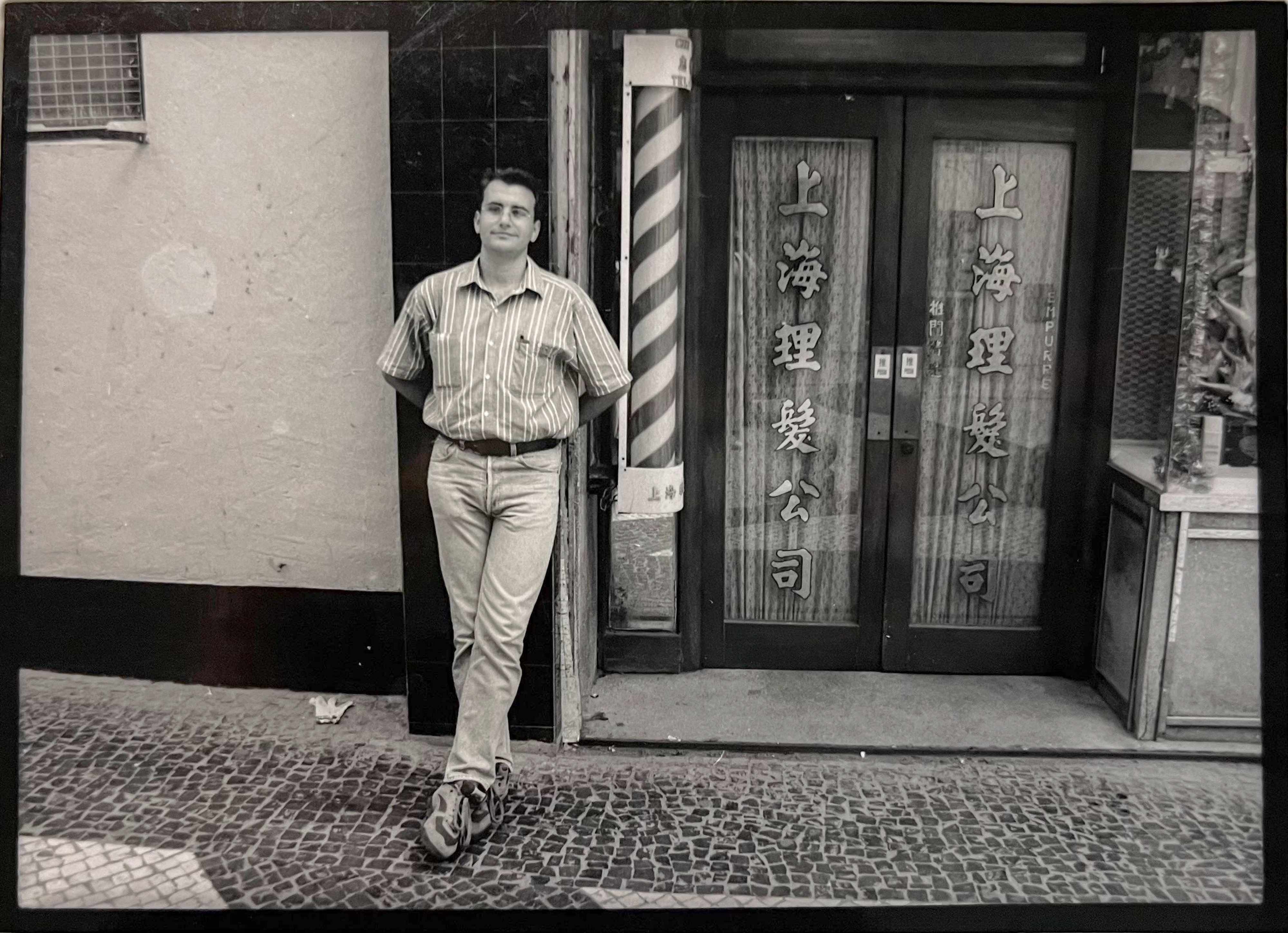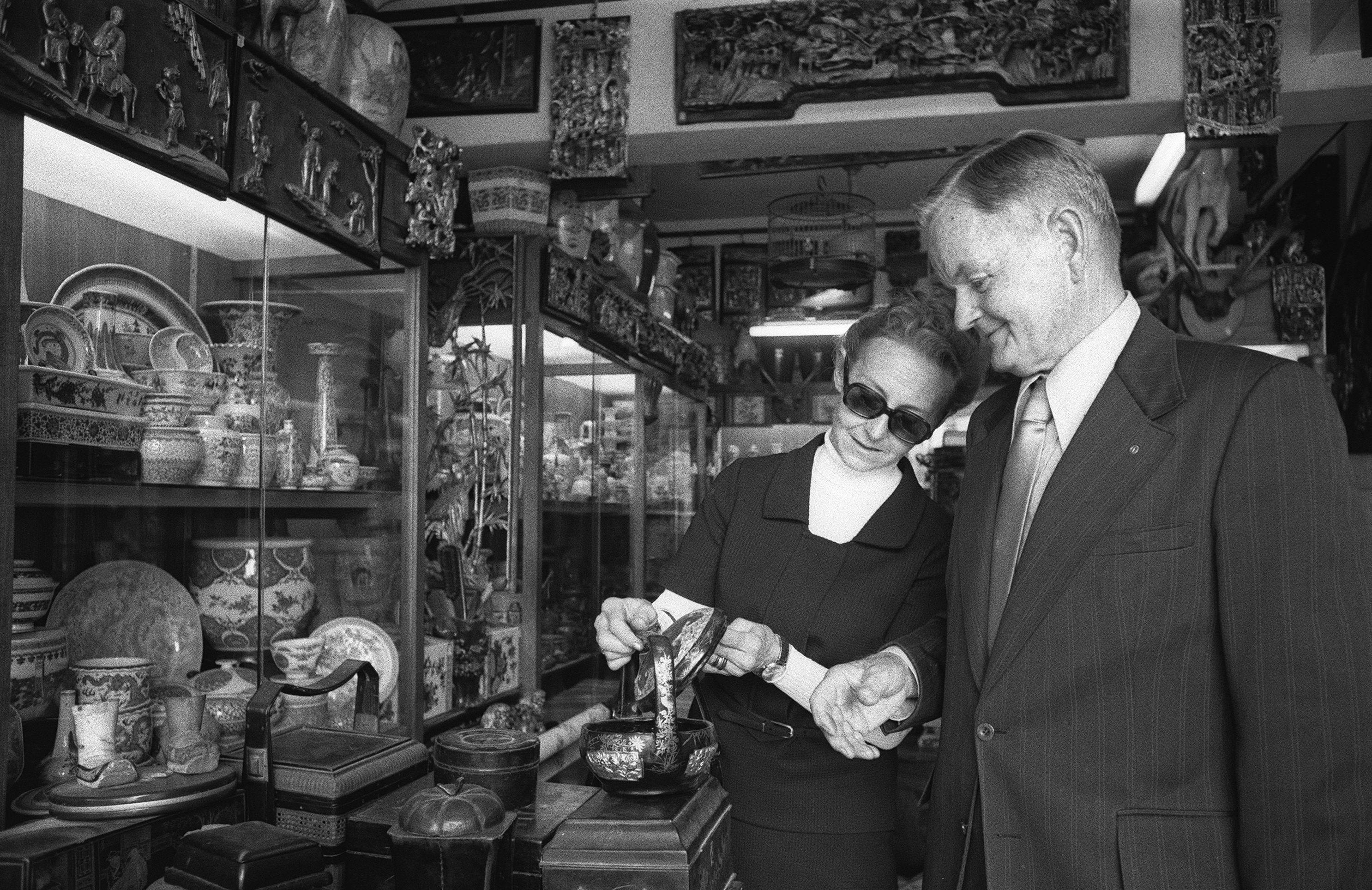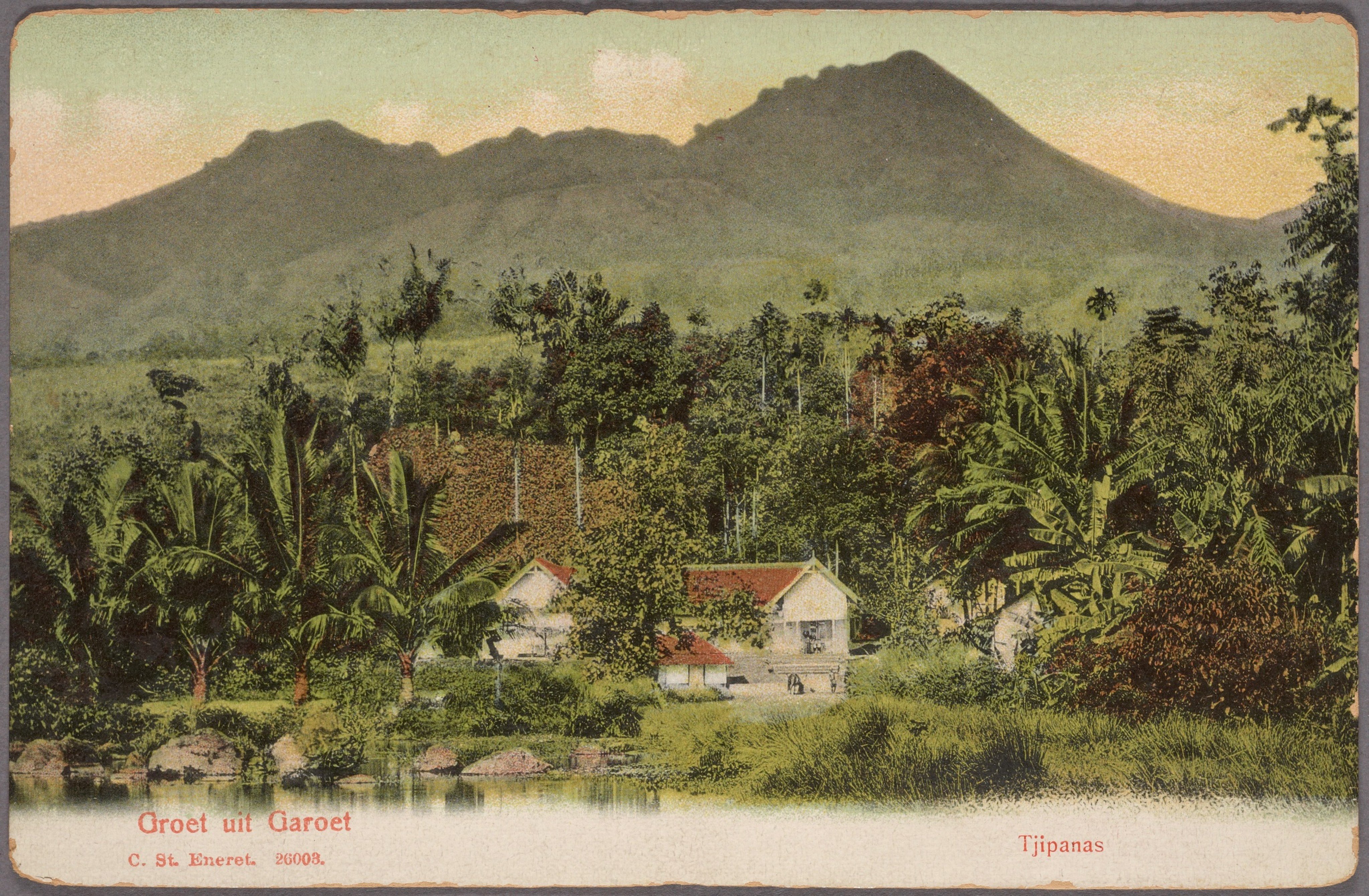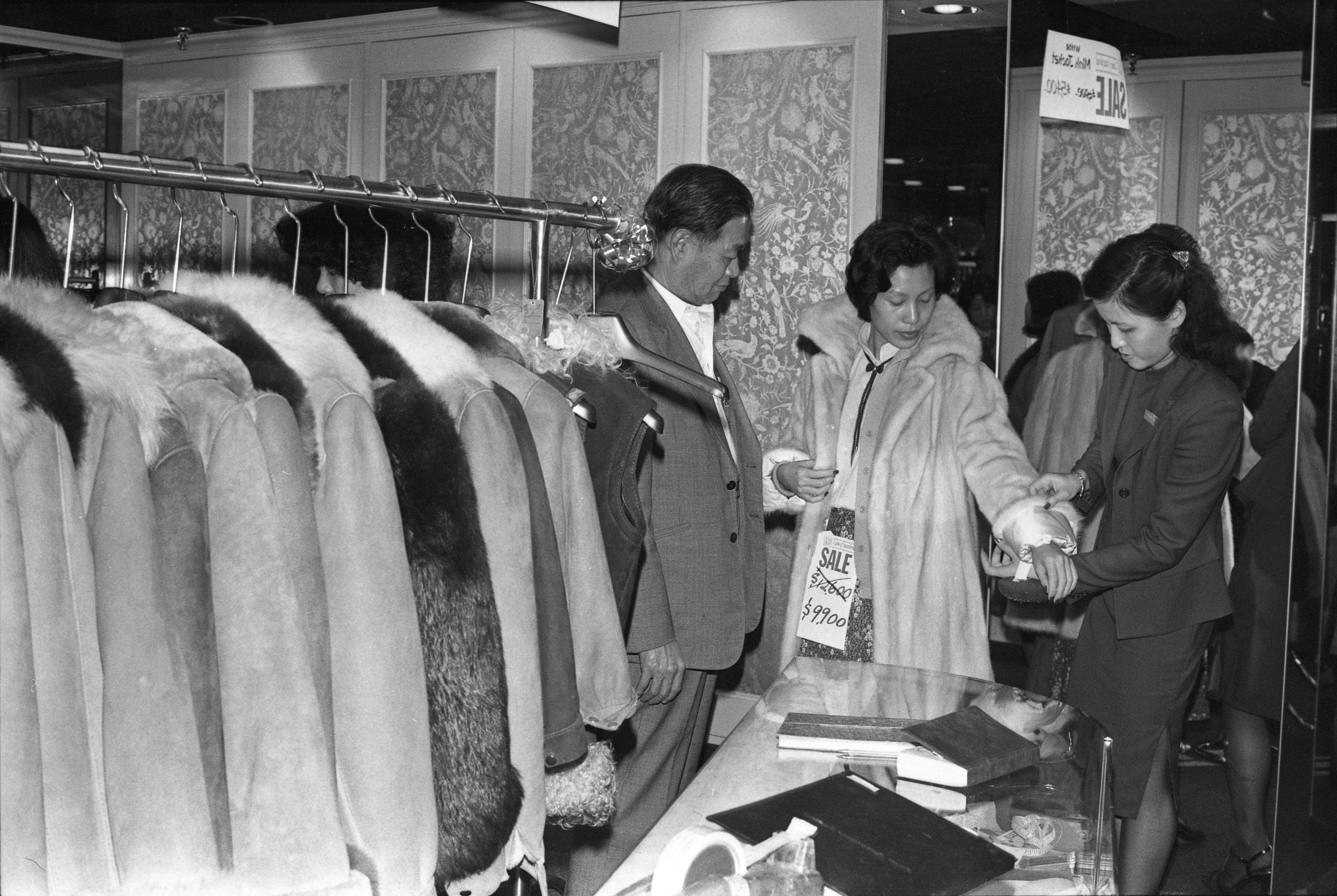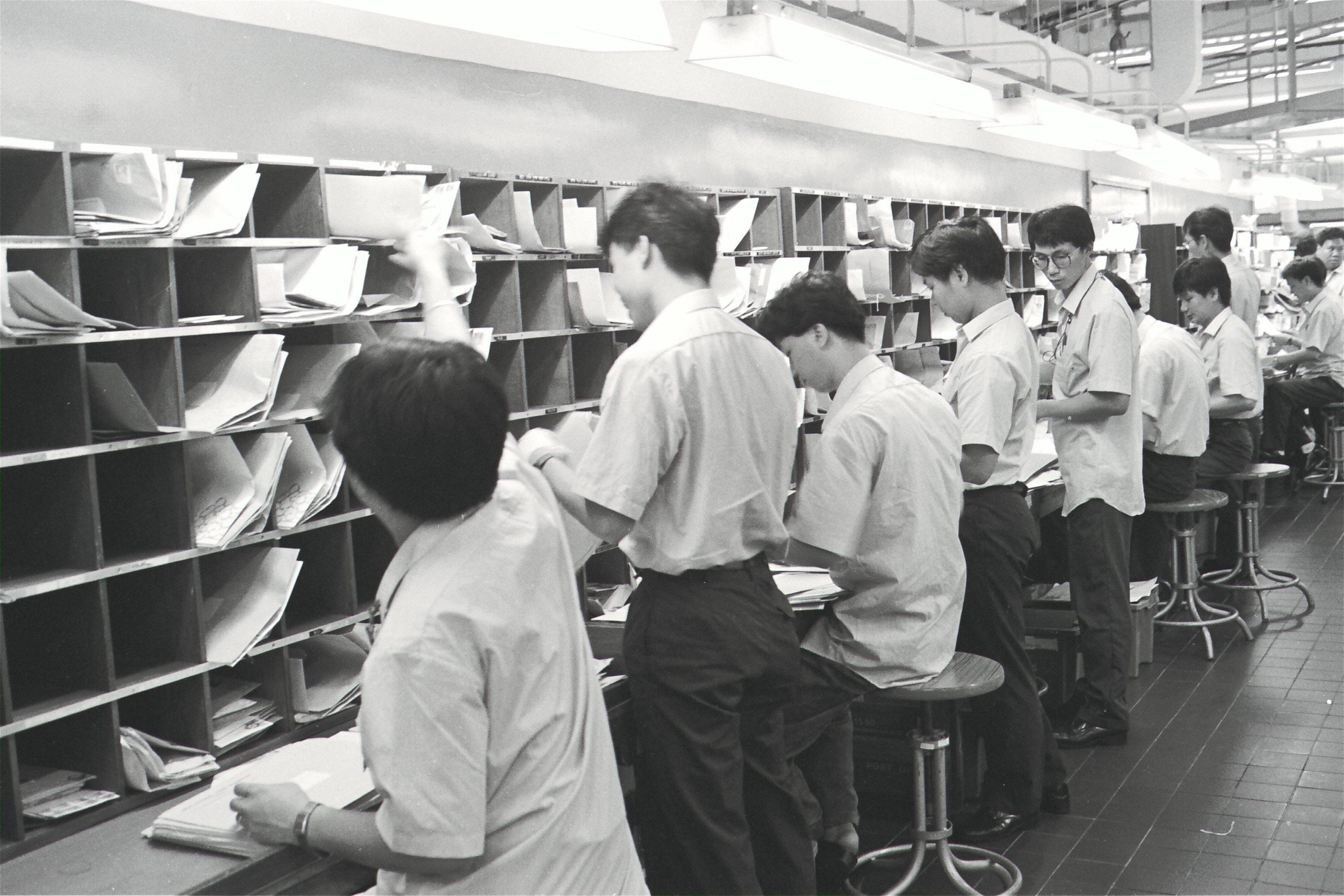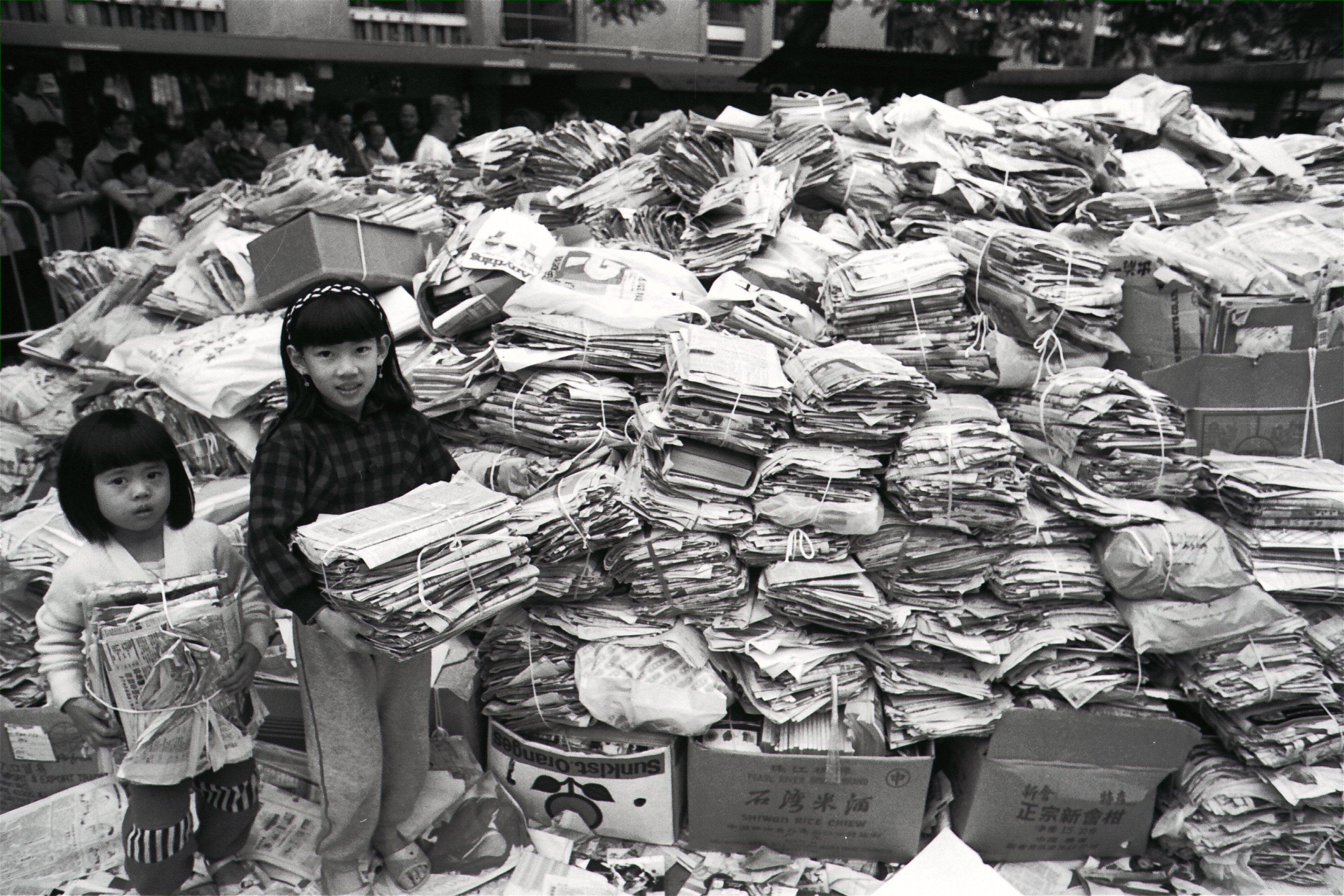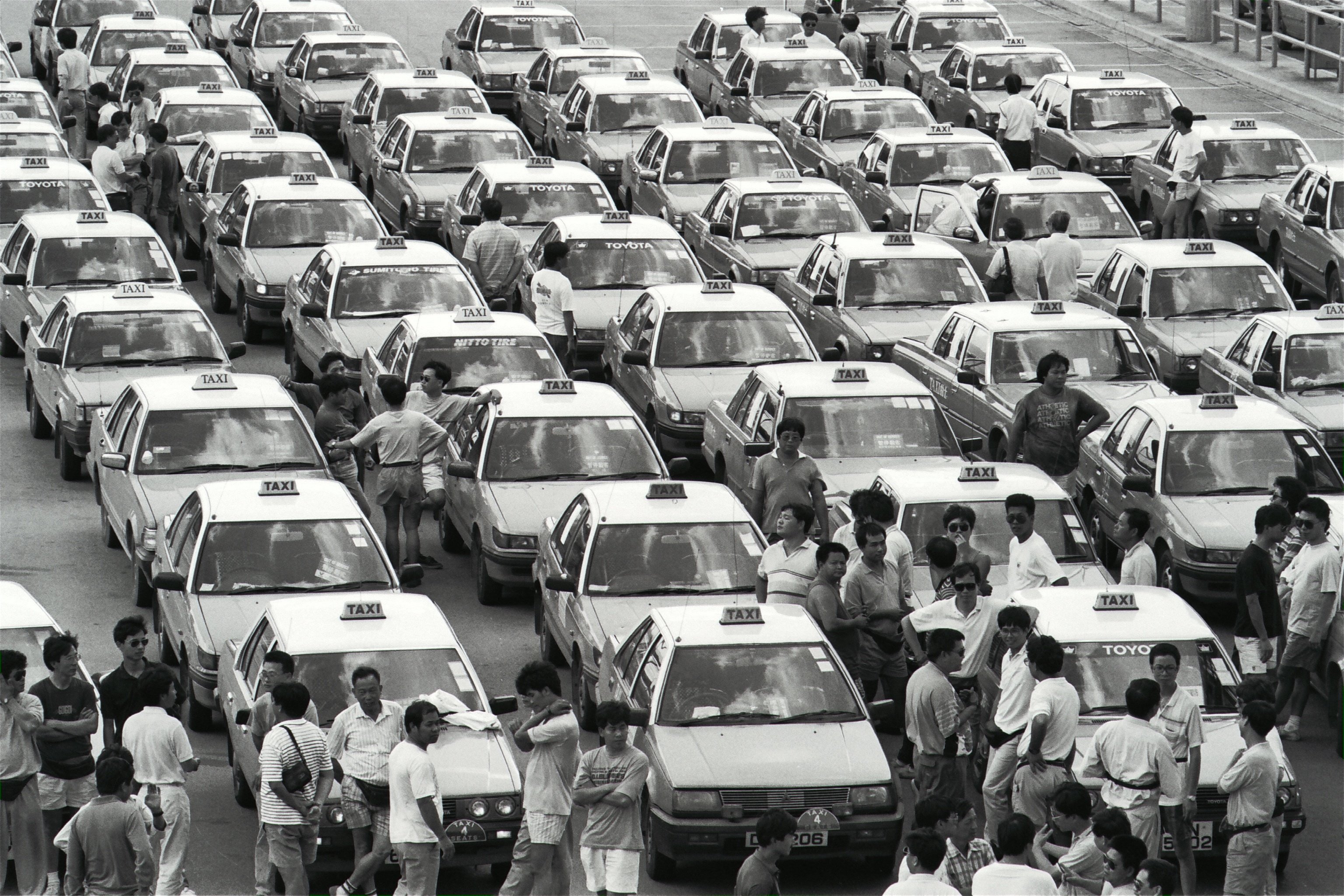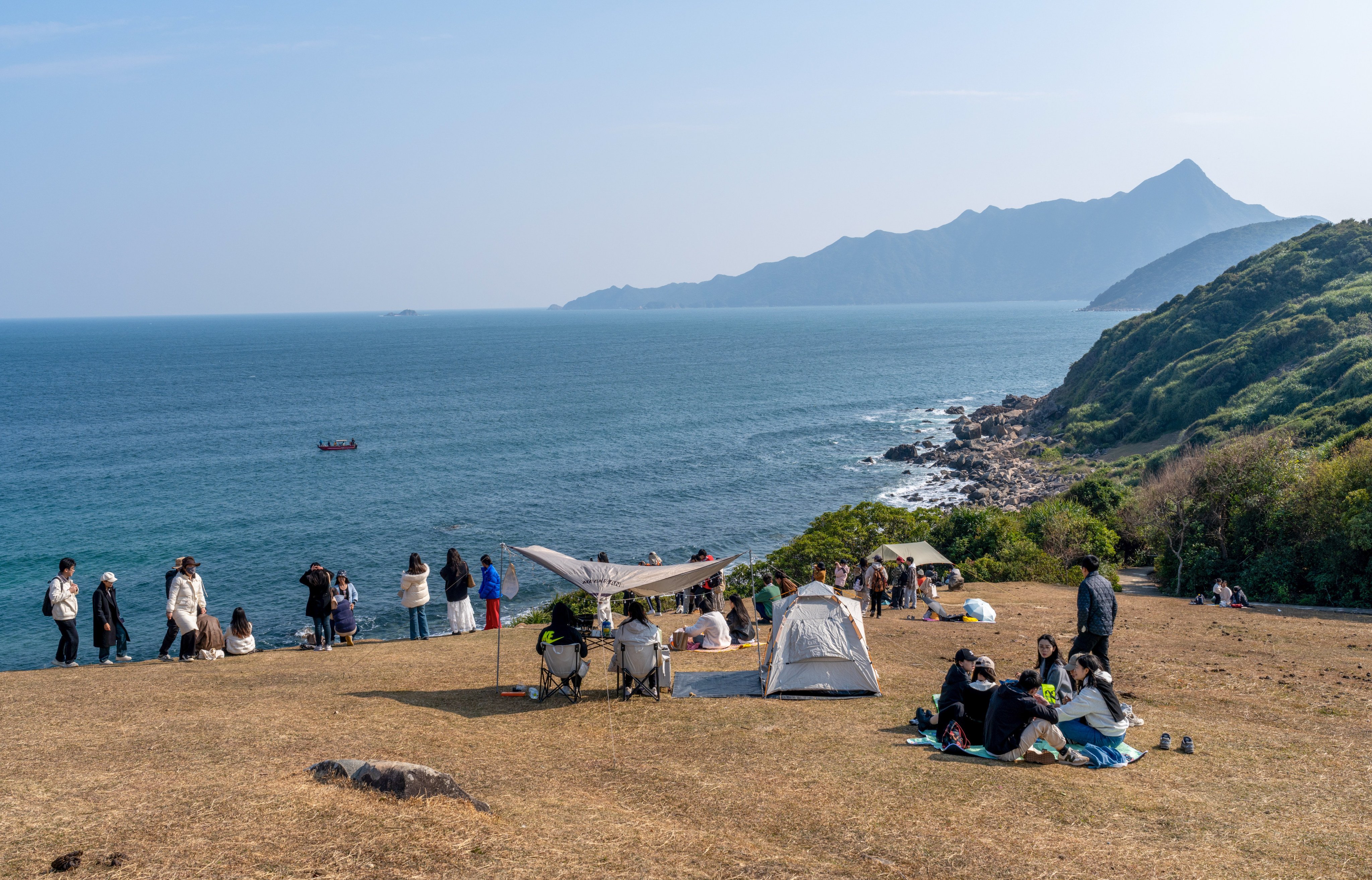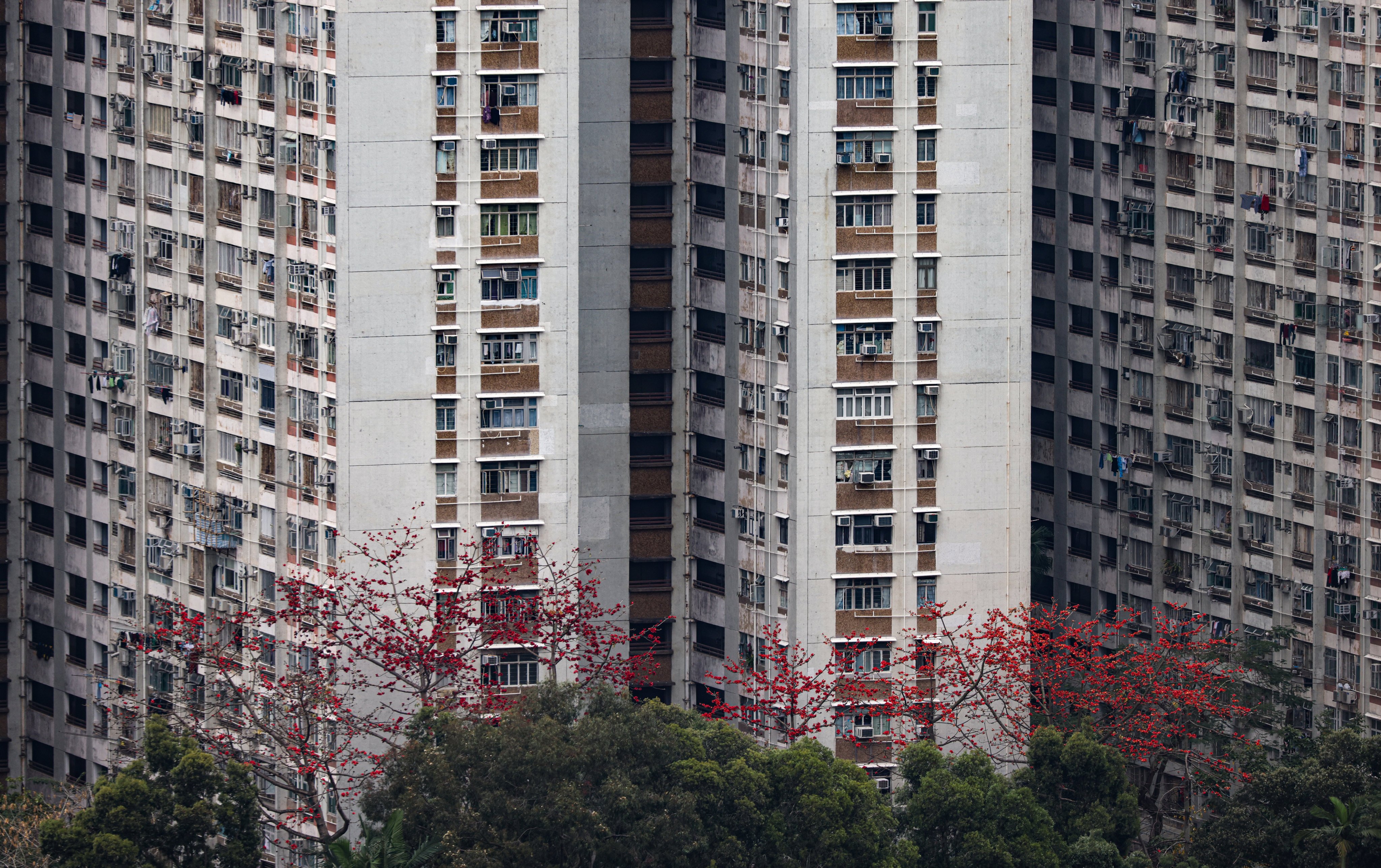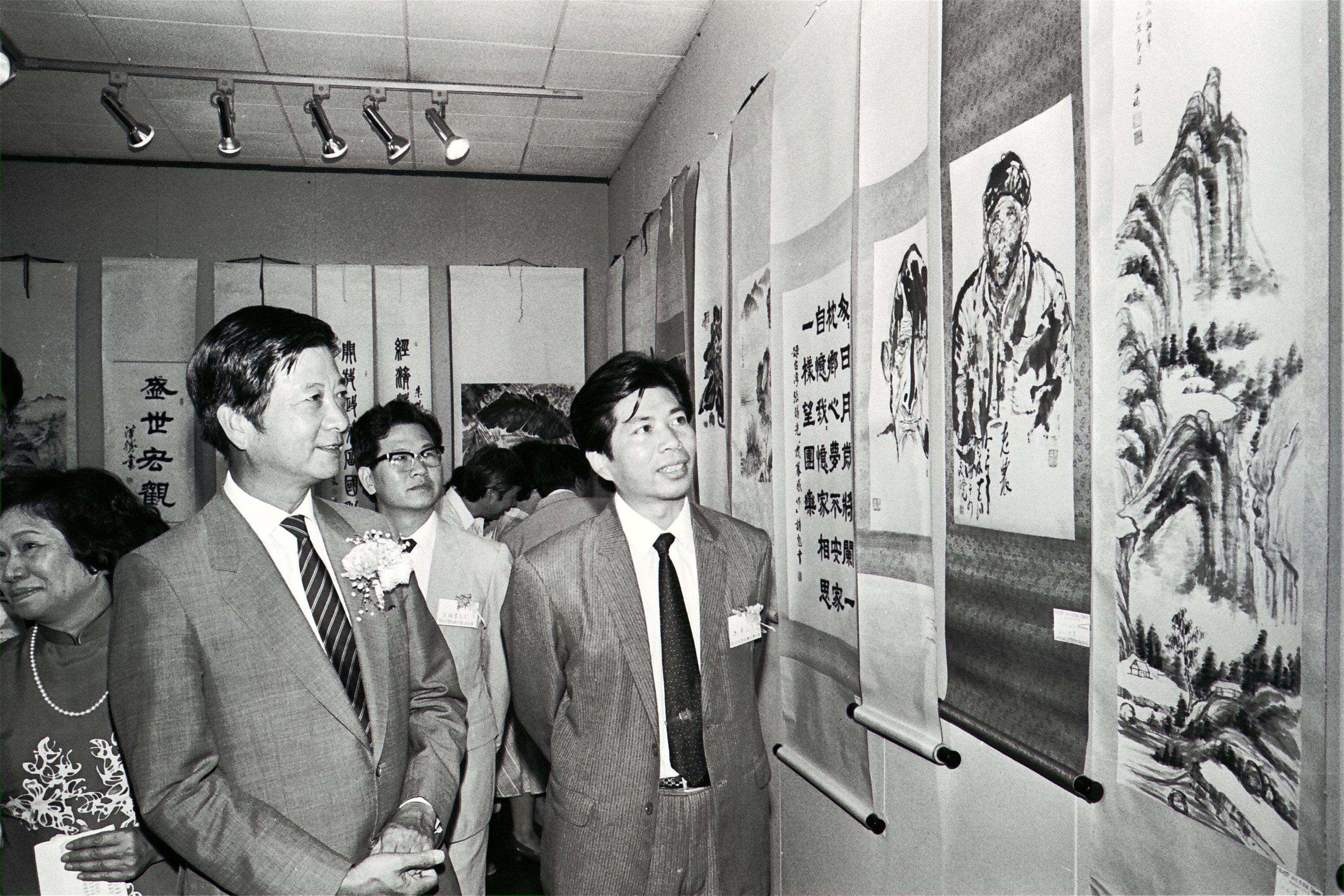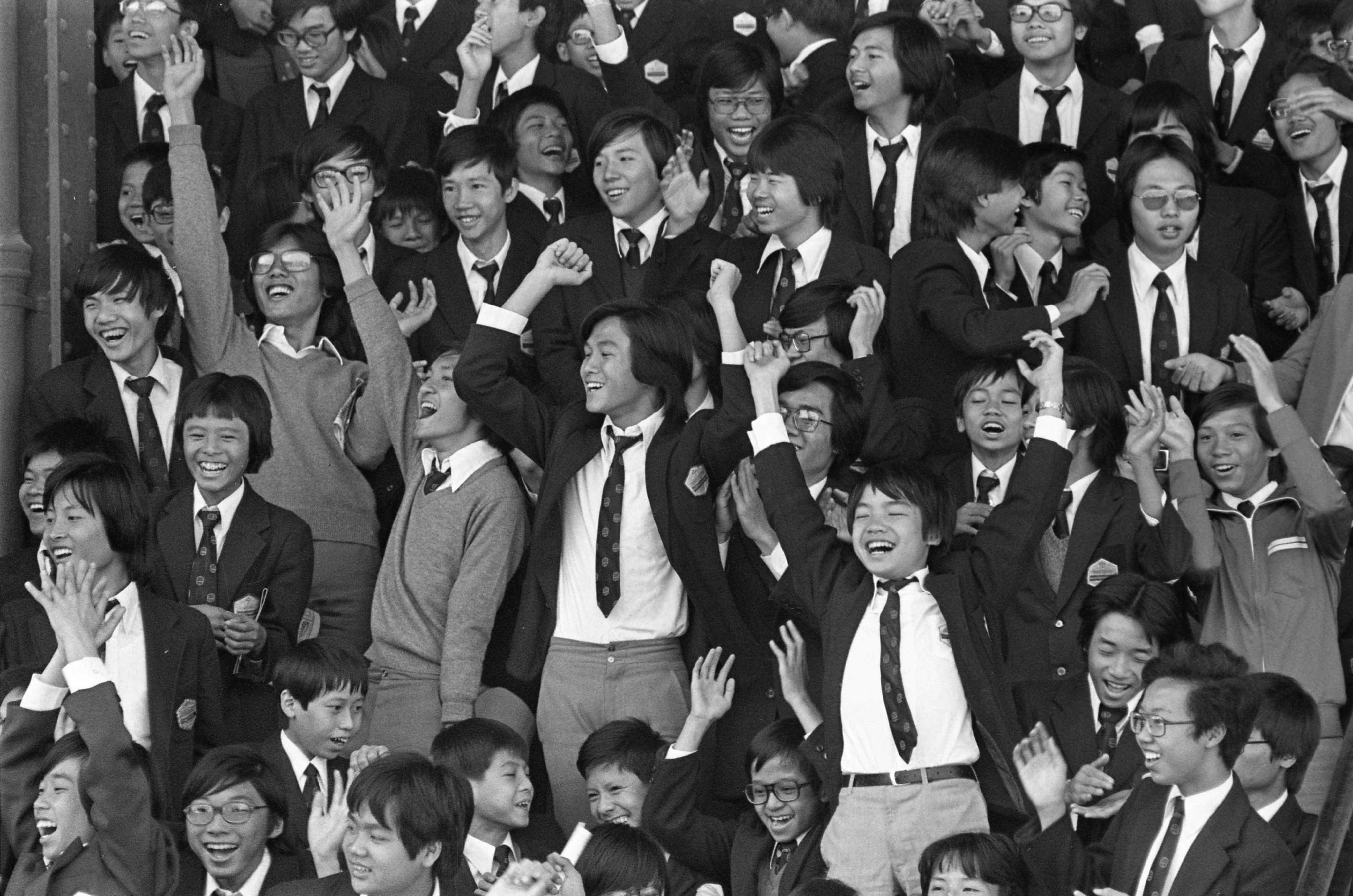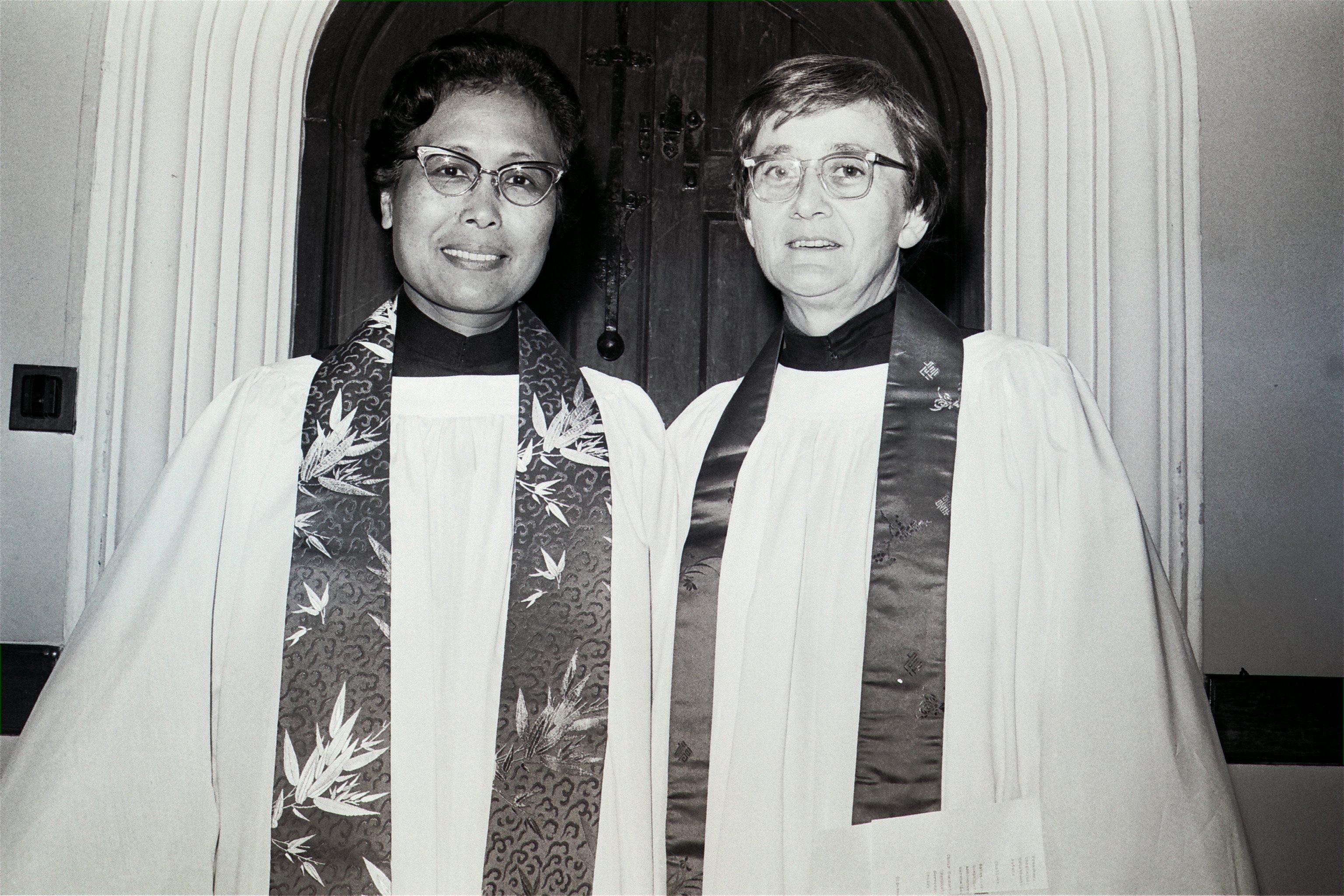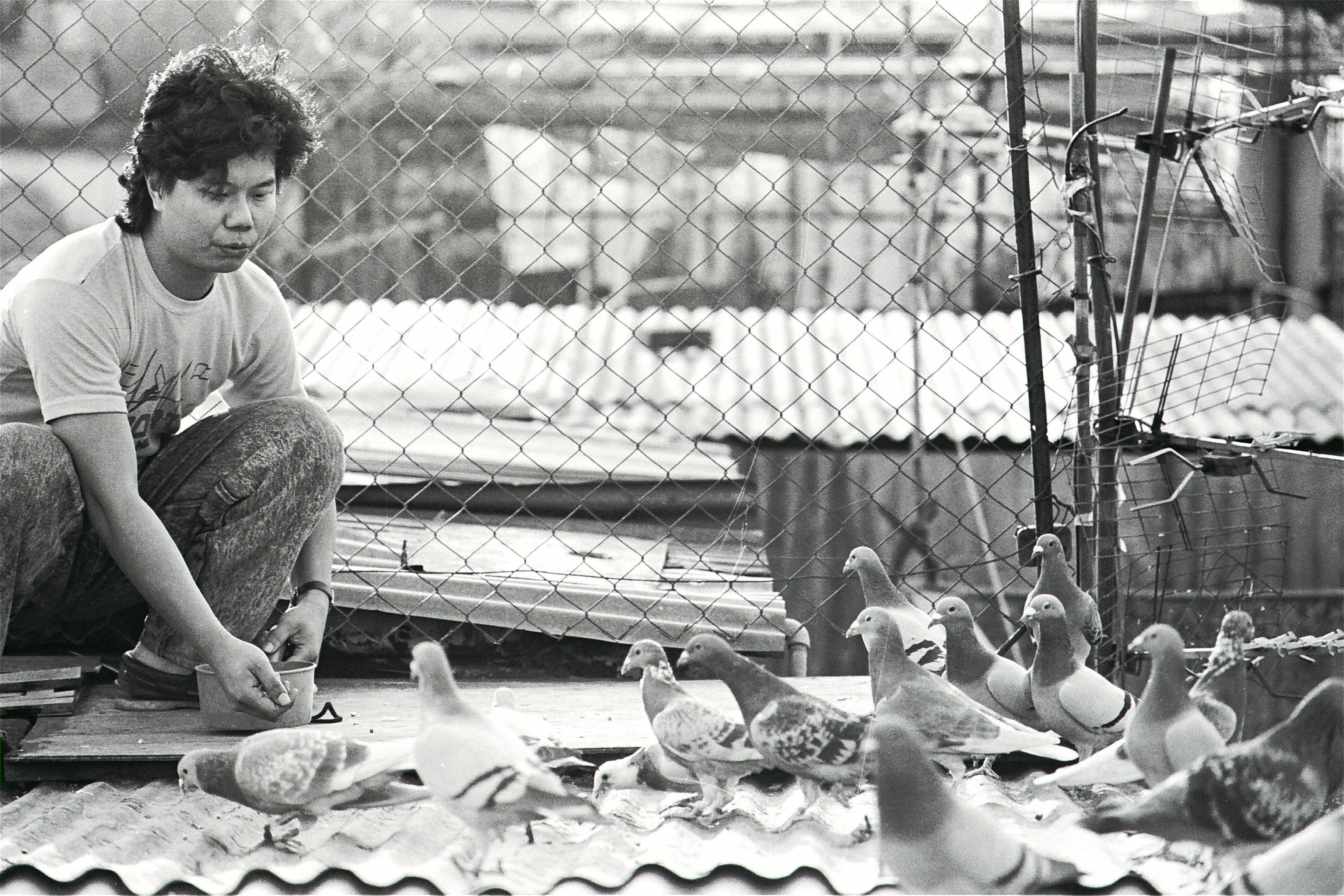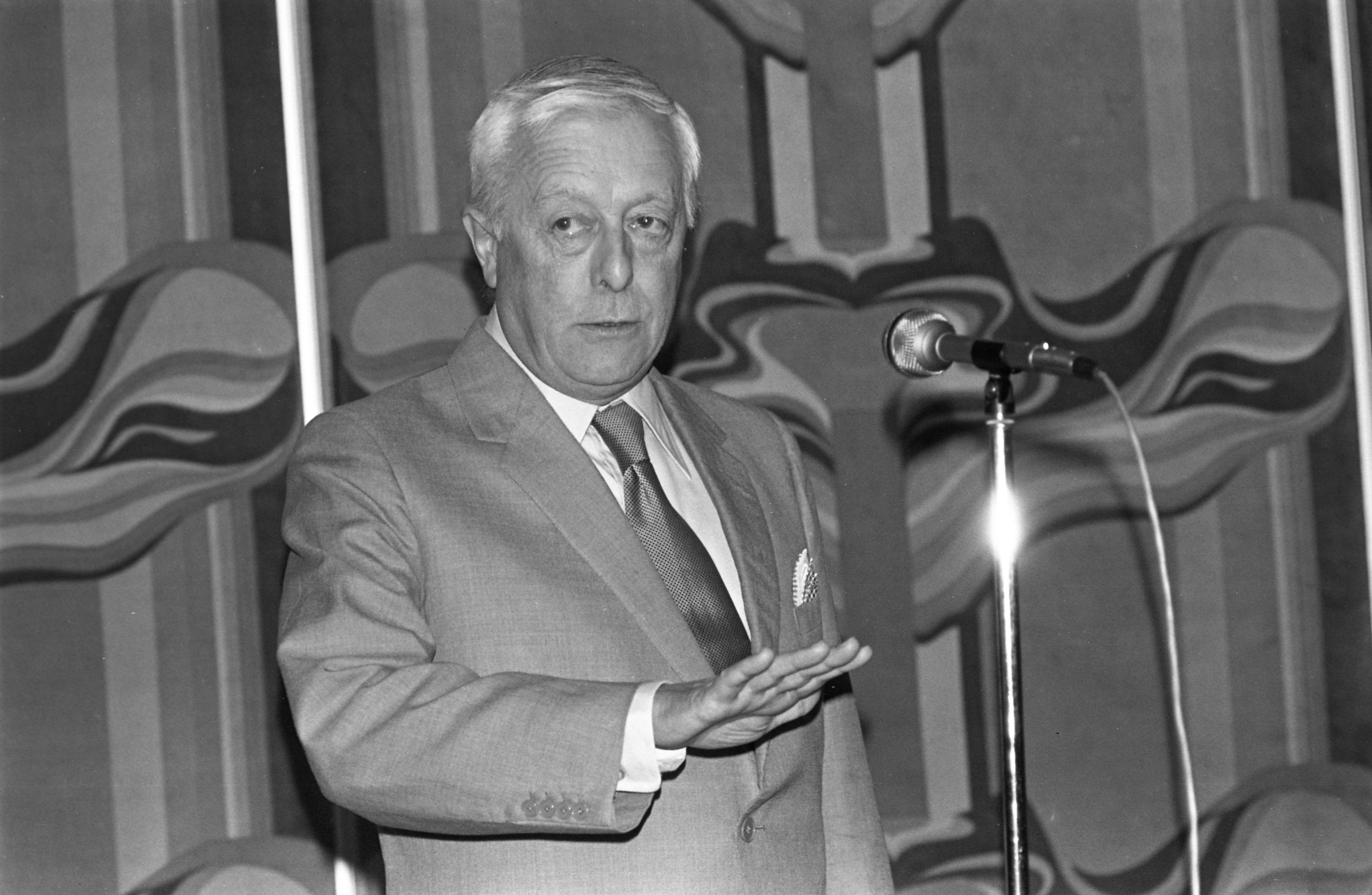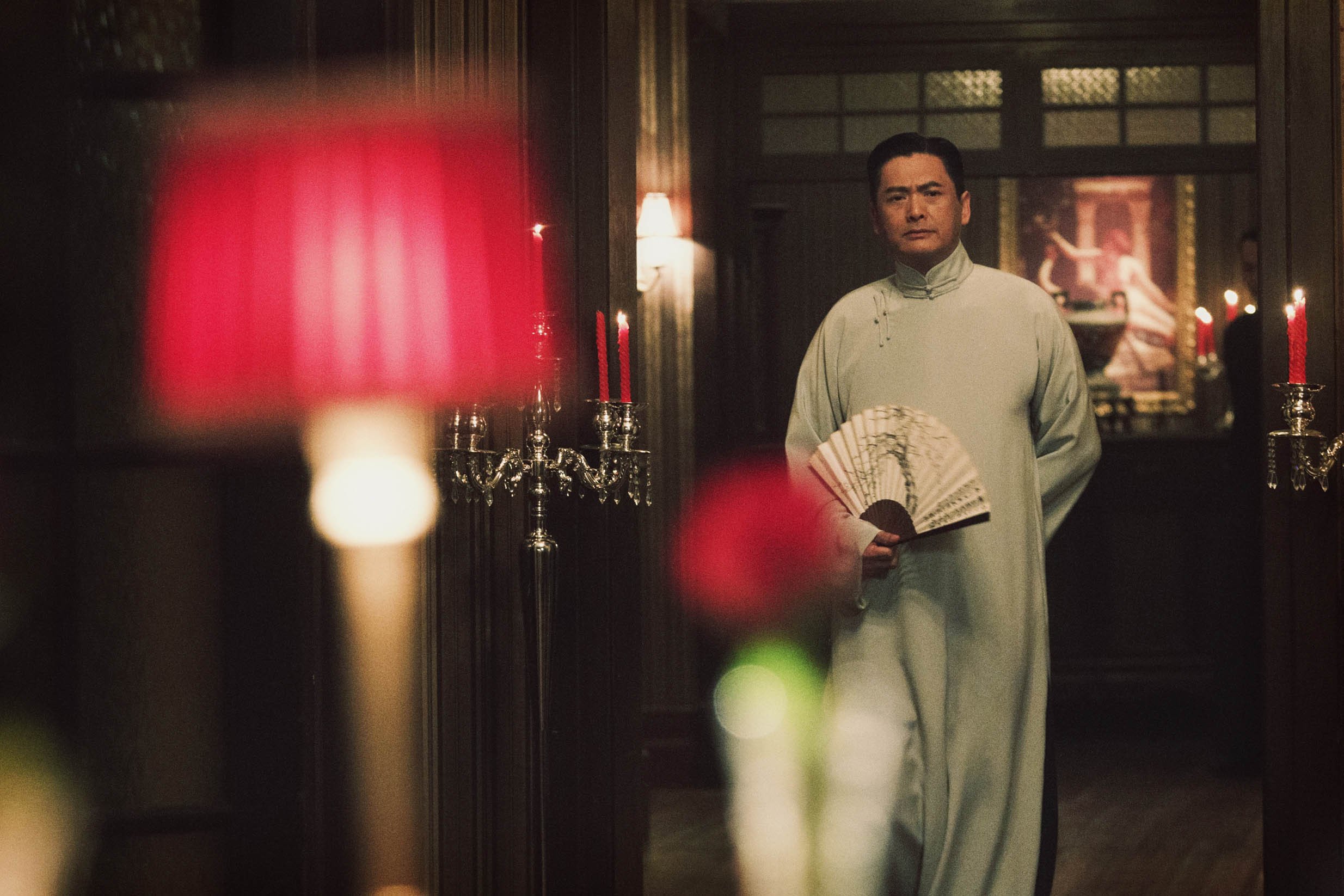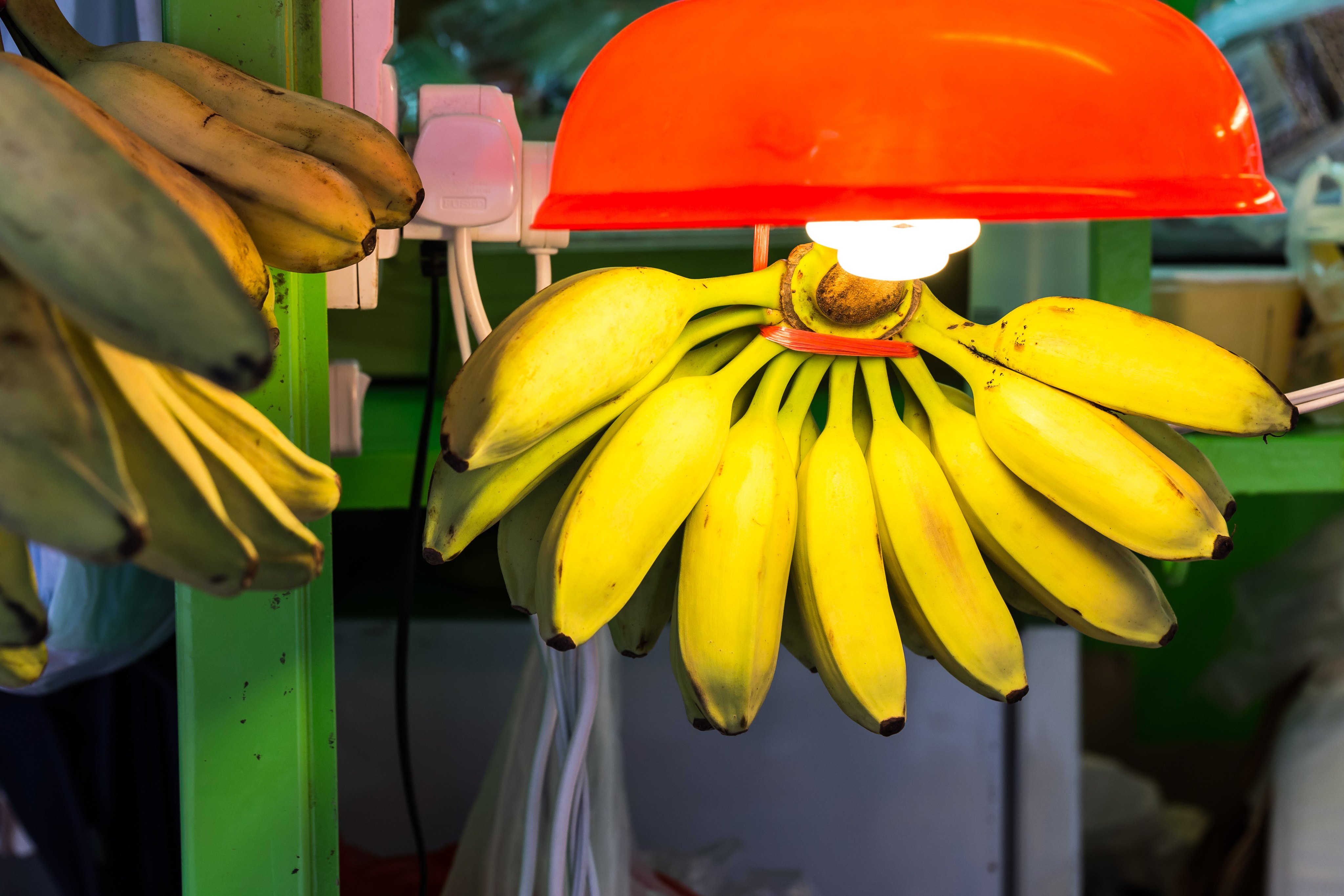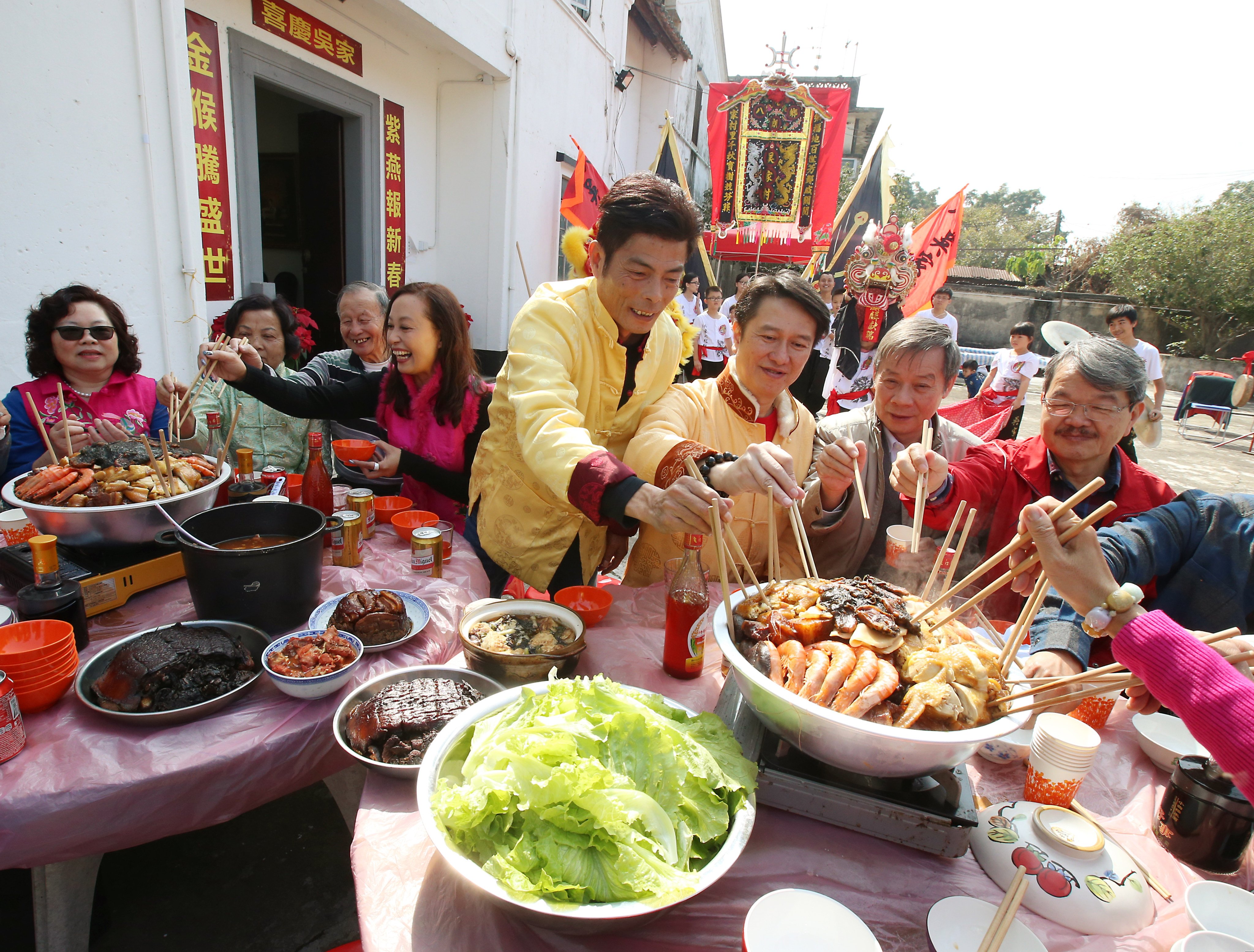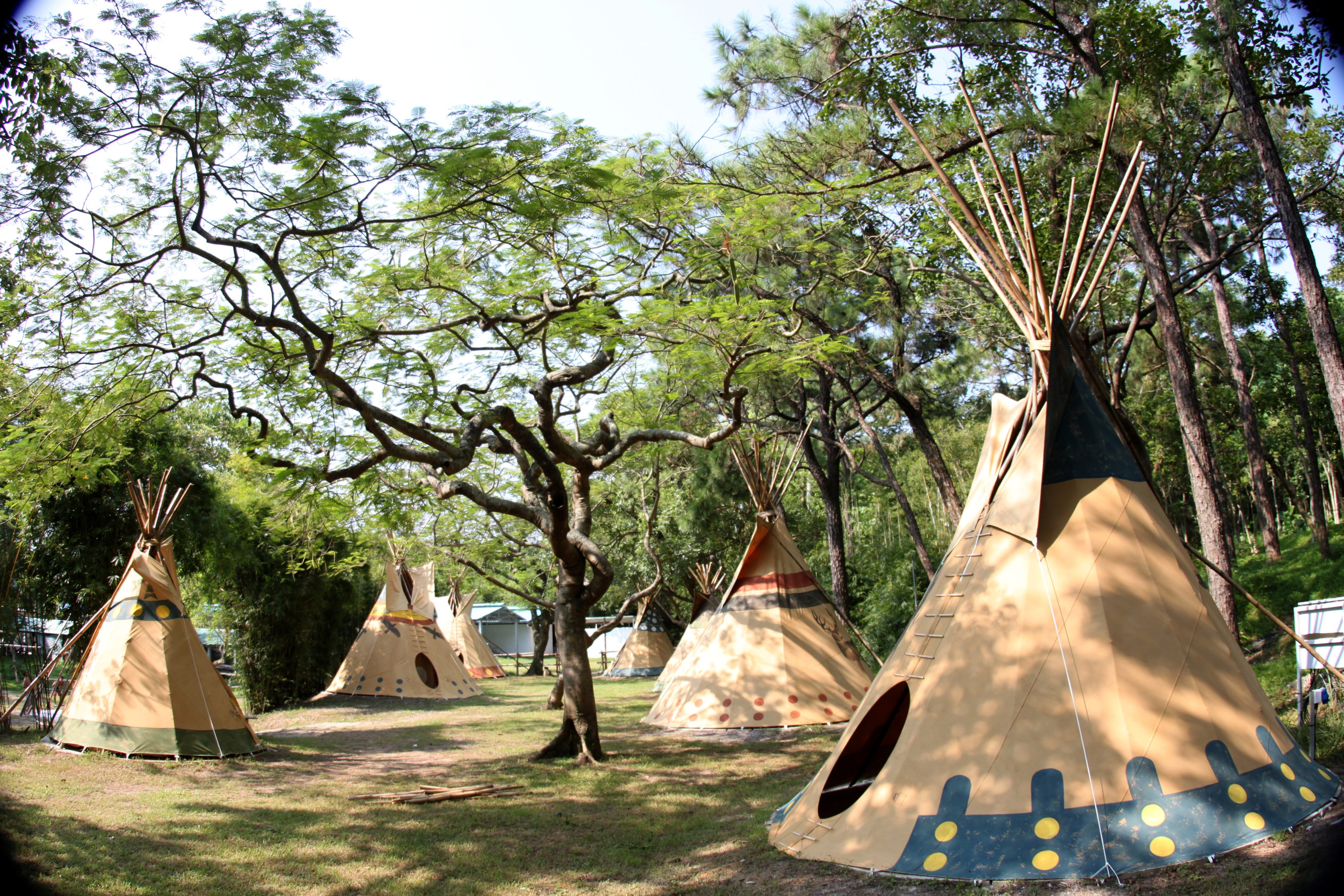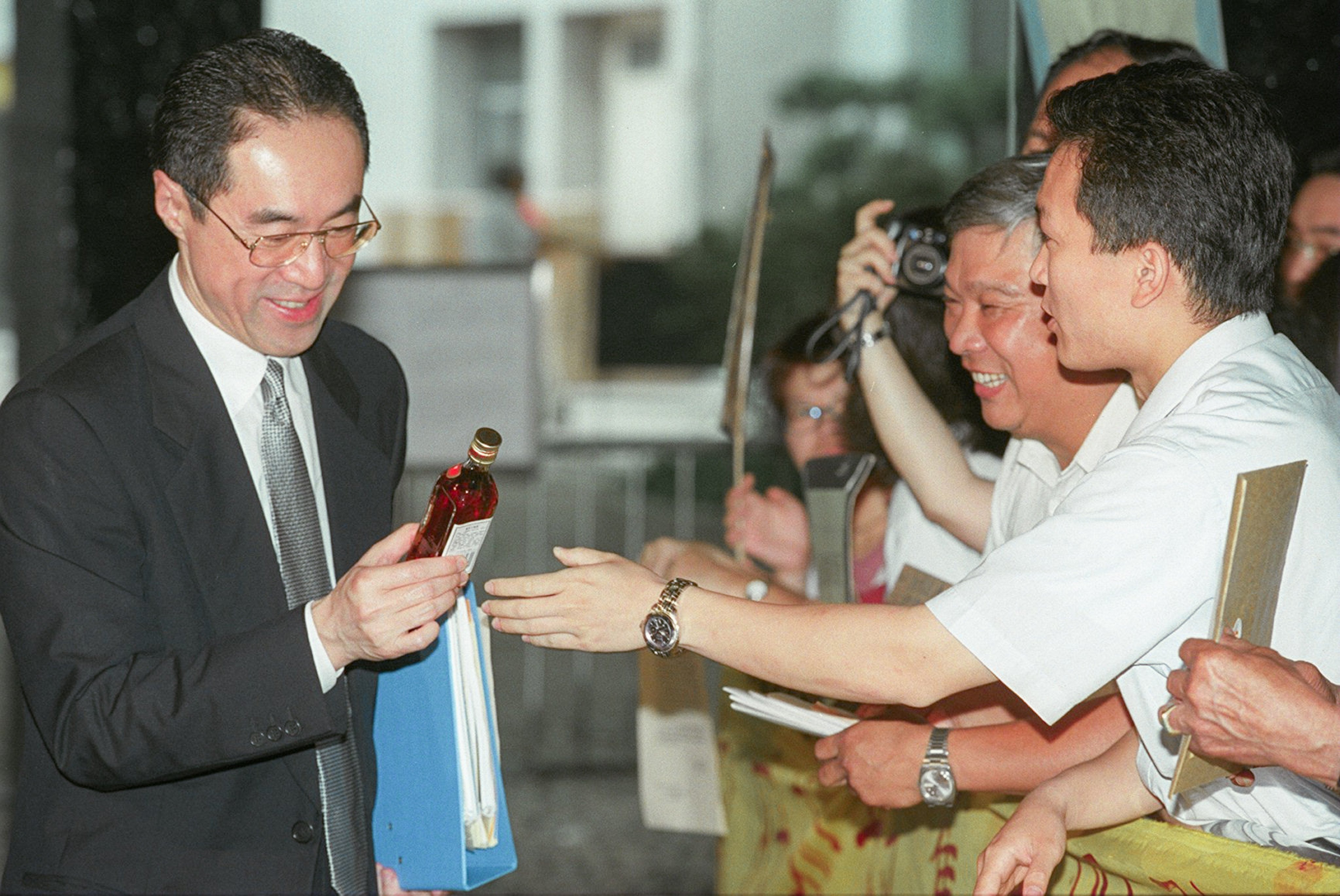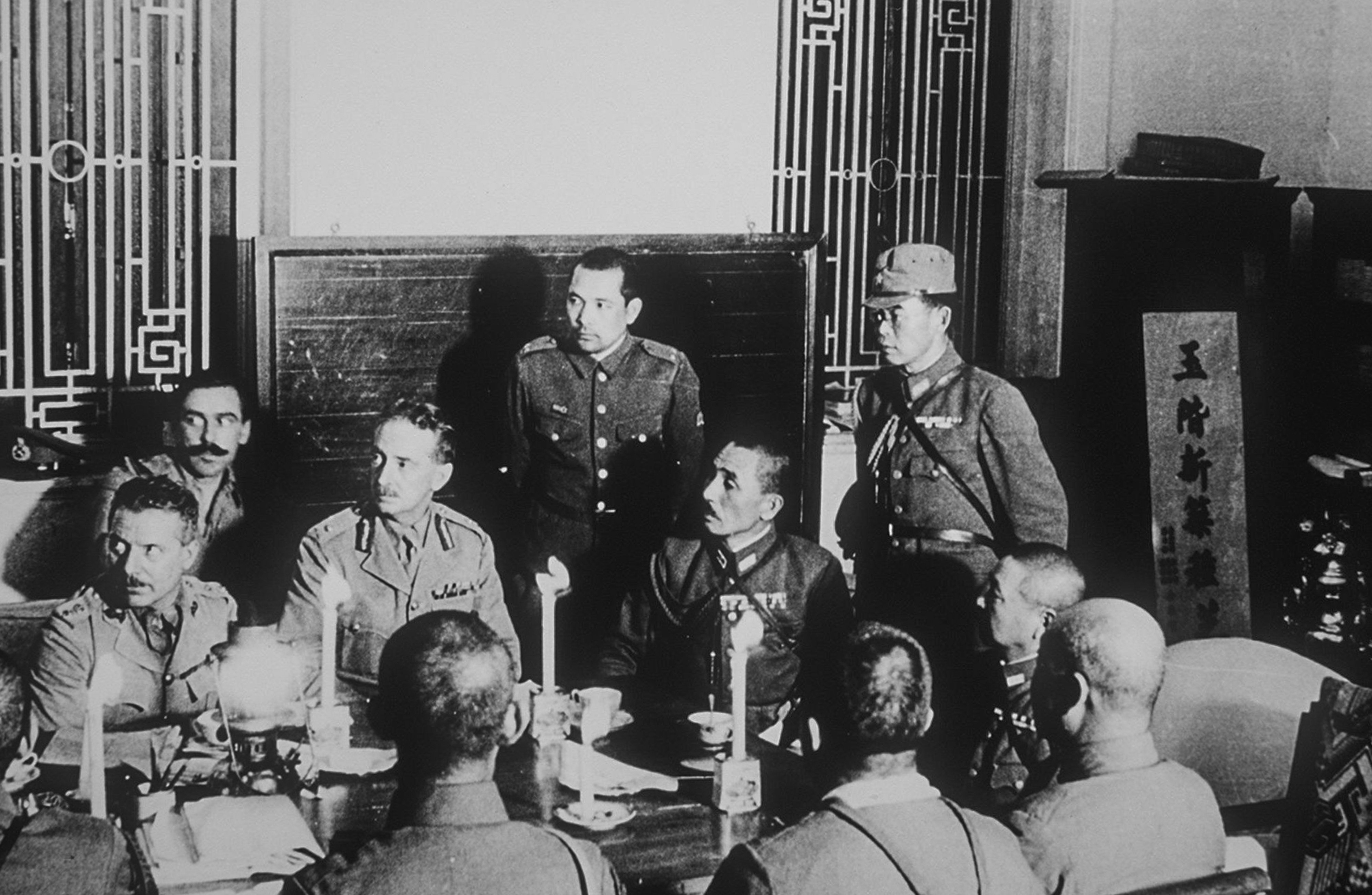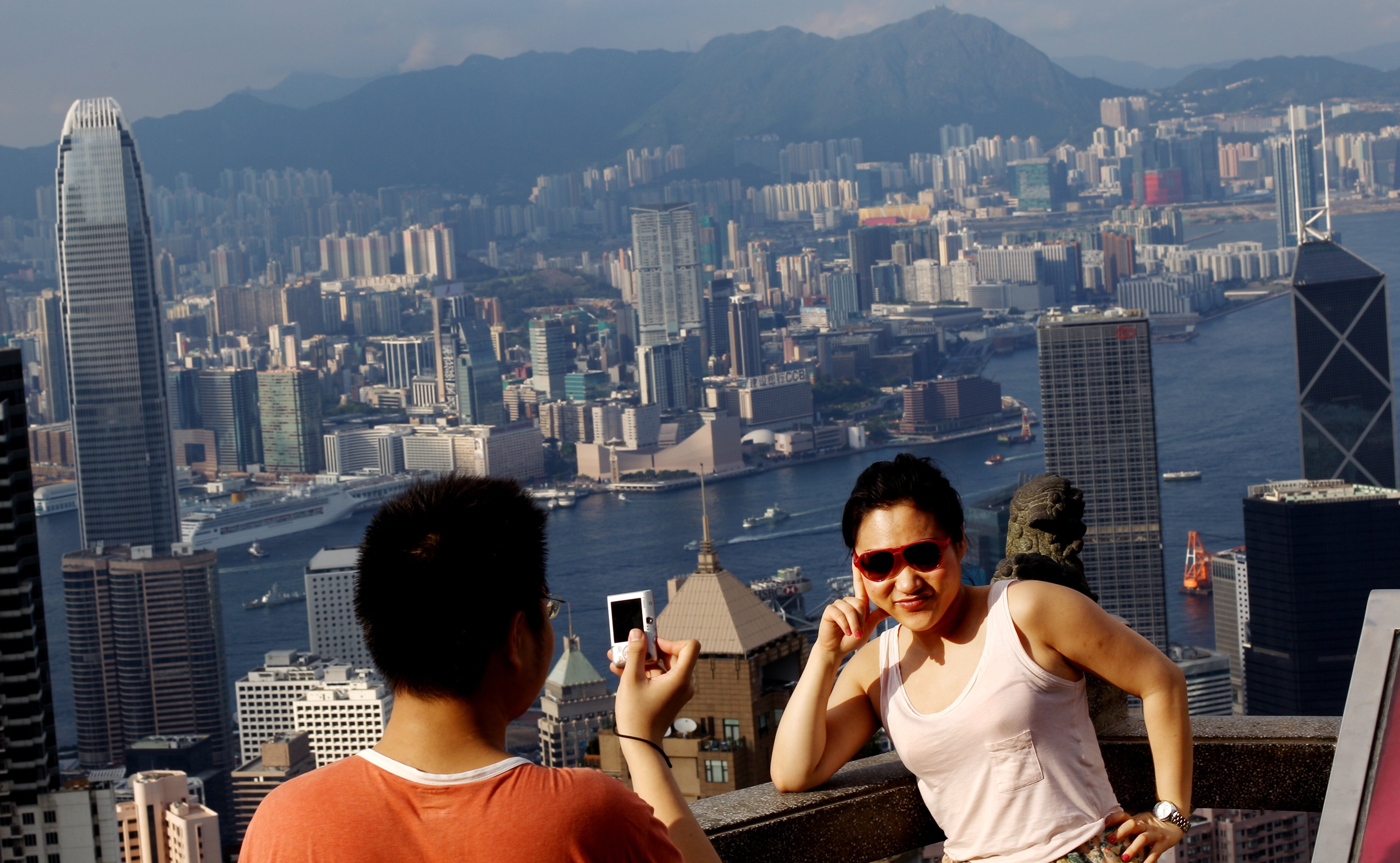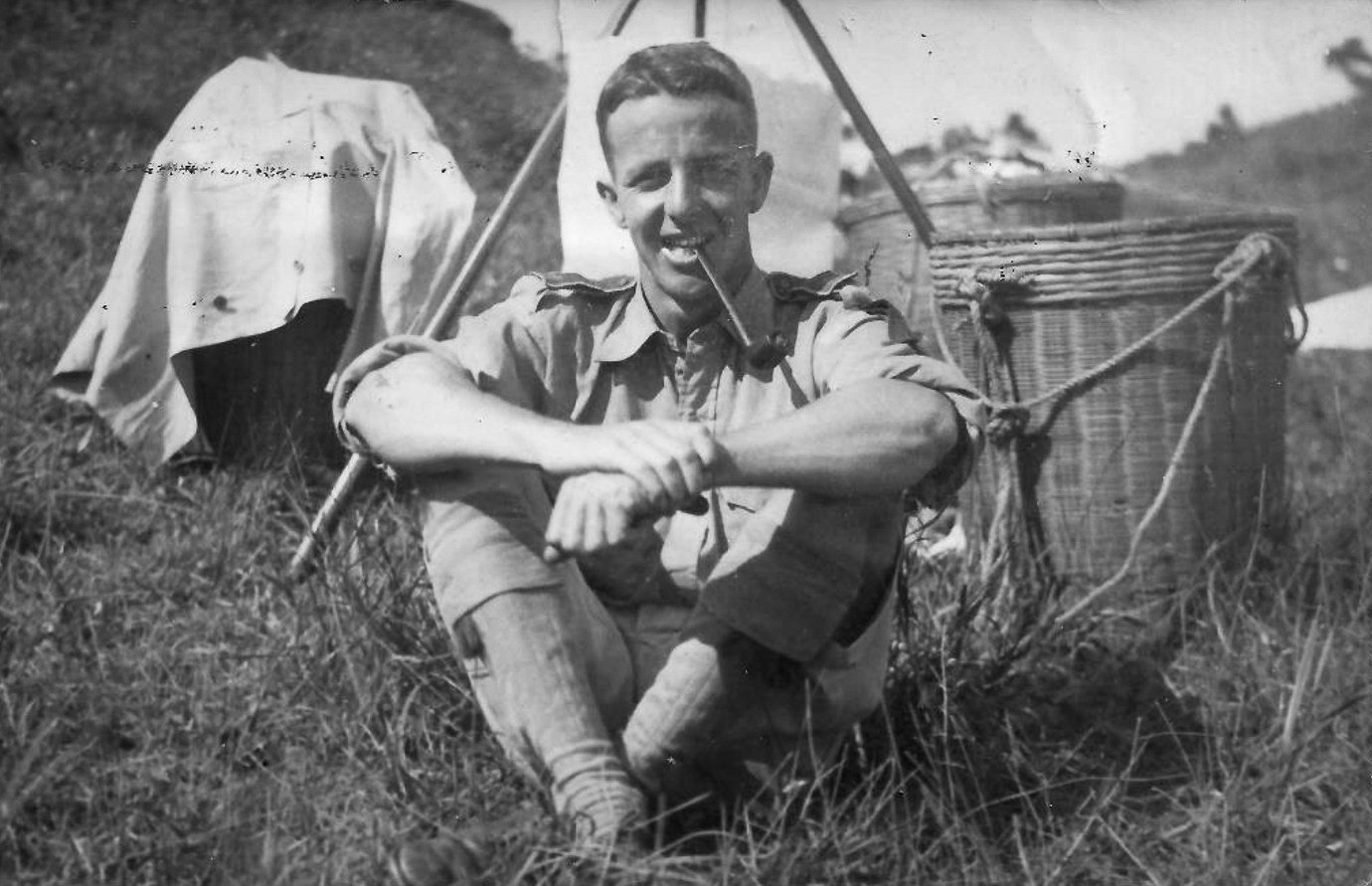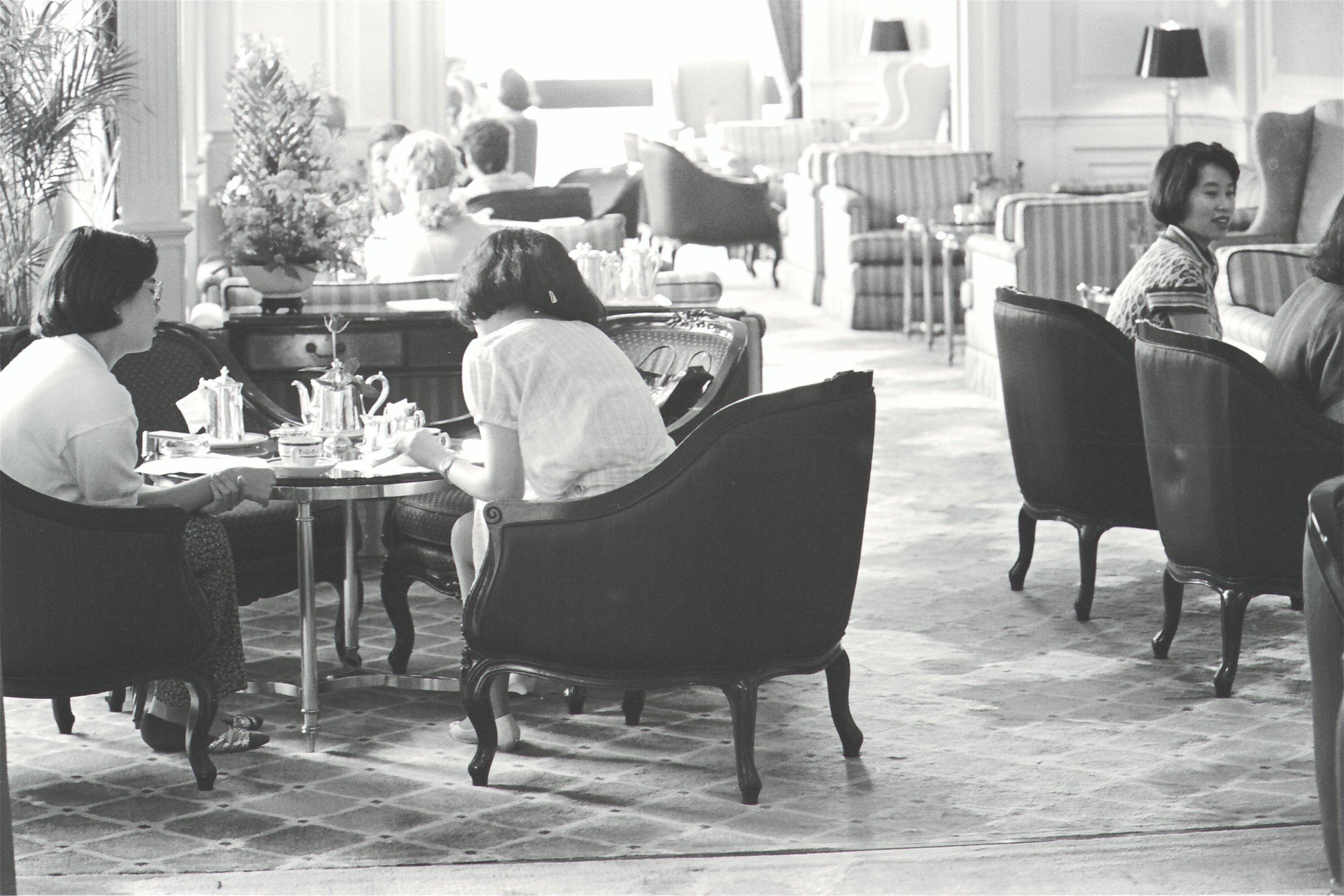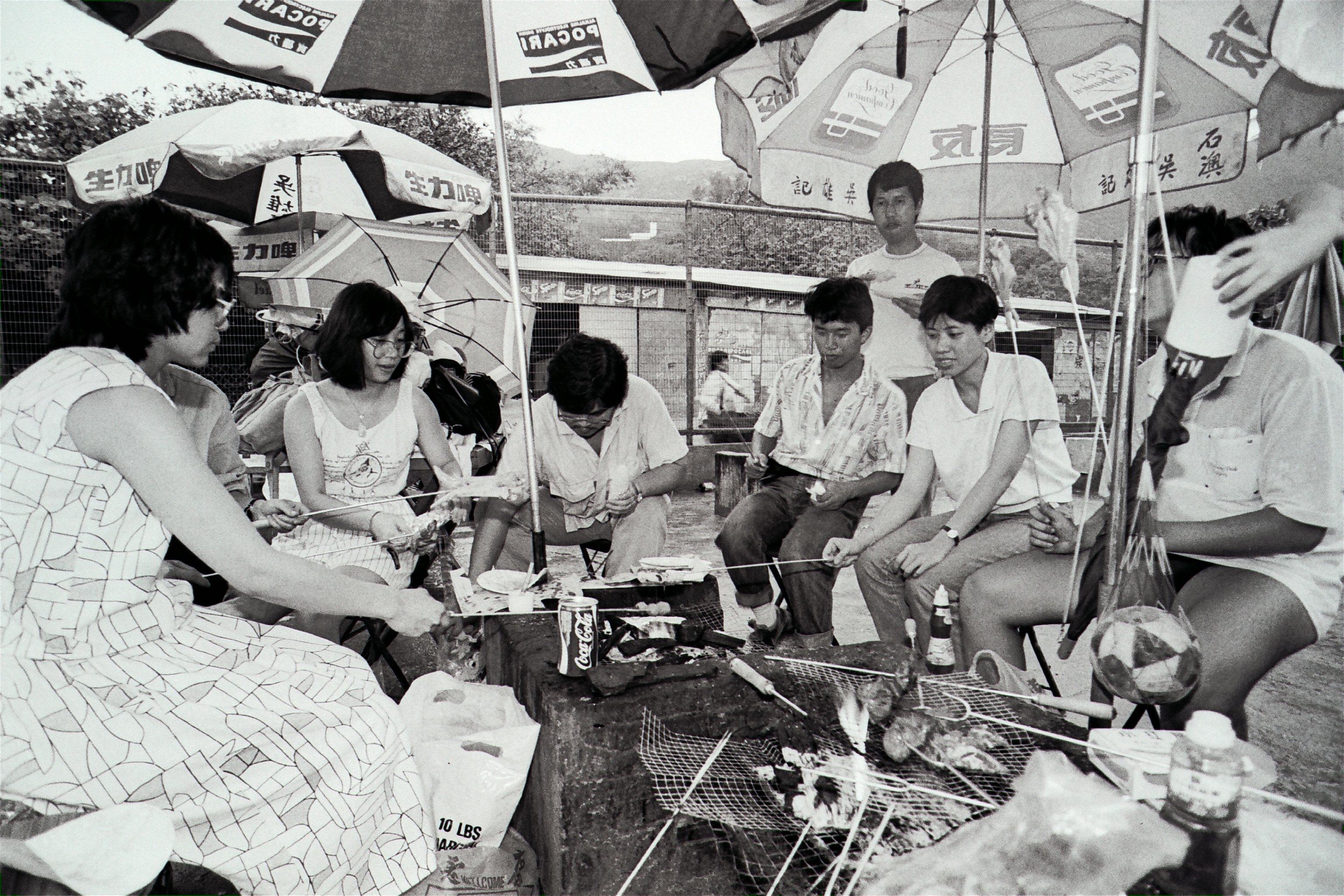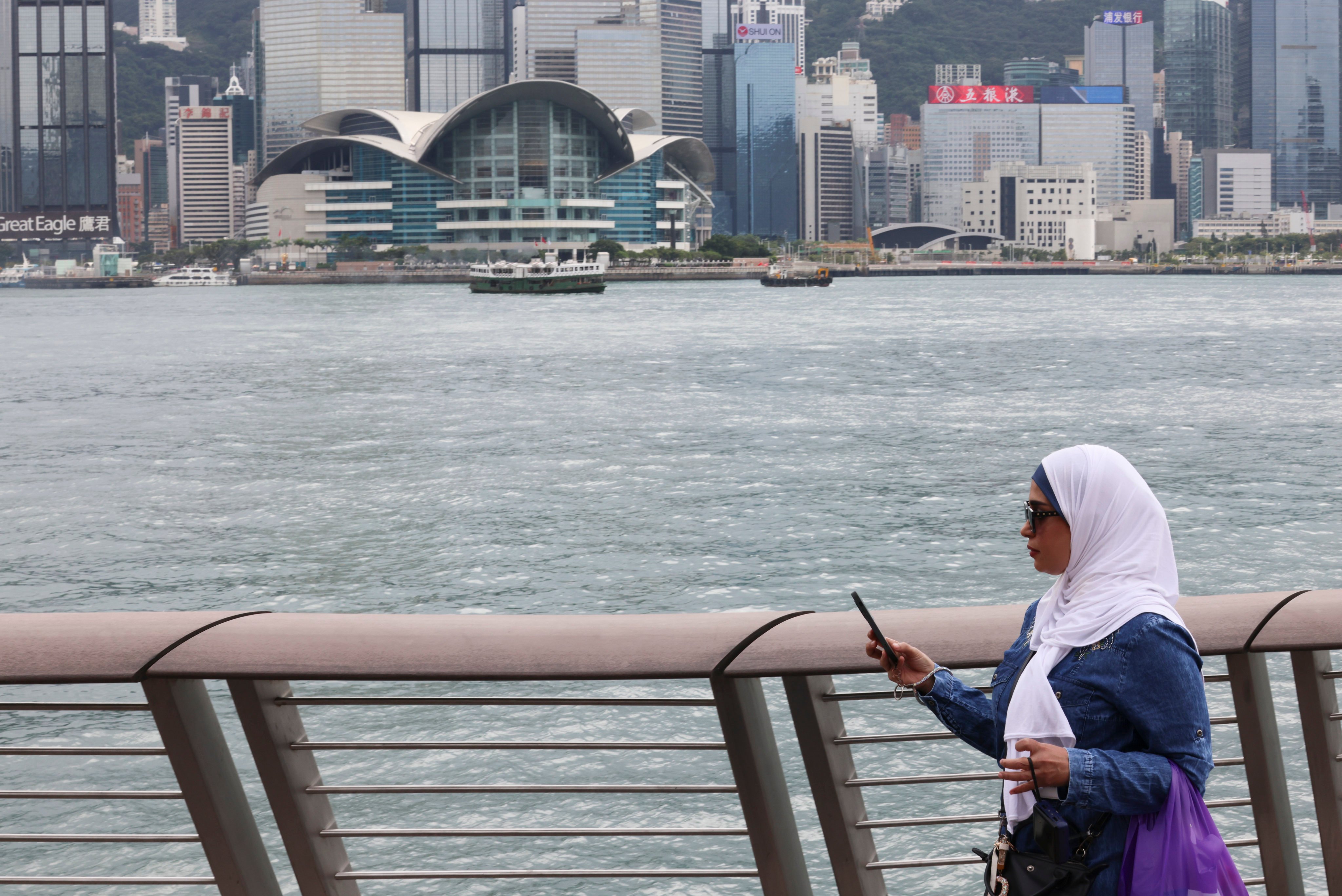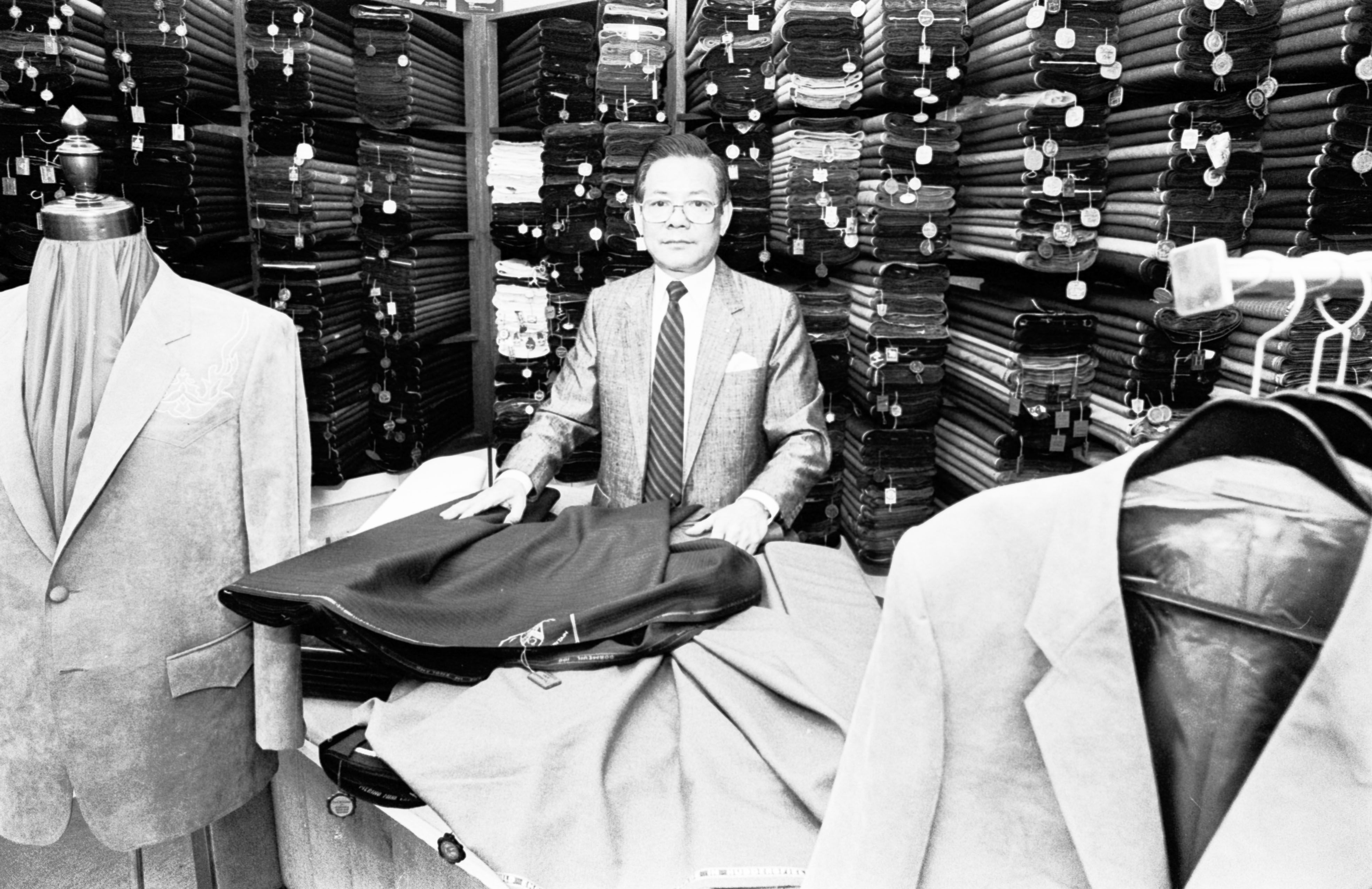A decades-long fascination with Macau has endured for historian Jason Wordie, who finds little of what matters to him has changed, post-Covid.
Long a magnet for tourists, the vast choice of ‘oriental’ curios on sale at visitor hotspots across Hong Kong have been a feature of the city since its urban beginnings.
Where did well-heeled Hongkongers escape the summer heat in the years preceding mass tourism?
The city’s cooler months require heavy warmer clothes, but how to care for these often luxury items during gruelling summers?
Home deliveries are far from new – lowering a basket on a rope to hawkers selling everything from food to hardware was once typical.
In the not-so-distant pre-digital age, poste restante services provided a vital lifeline to home for generations of travellers.
As the enduring popularity of bagpipes proves, Hong Kong culture is as diverse as it is distinct.
Believe it or not, Hong Kong was better at recycling before ‘sustainability’ became a buzzword.
Taxis may be ubiquitous in Hong Kong today, but for much of the city’s urban history, human-powered transport was the only choice.
It’s picnic time and, luckily for us, one thing Hong Kong has done right is provide barbecue facilities at scenic spots for that perfect day out.
Bad times come and go, but the kapok blossoms and koel bird songs – a striking staple of Hong Kong in spring – remain.
Art clubs and societies have helped shape the city’s vibrant and diverse cultural landscape, since the 19th century.
Demographics have shifted over the past century, with ethnic Chinese now the overwhelming majority of the student population in these schools.
Hong Kong was decades ahead of Britain when it came to the ordination of women priests, even though that might seem unlikely today.
Often considered ‘rats of the sky’, pigeons became a popular choice for food in Hong Kong in the early 20th century because of their easy breeding.
In his 1959 book The Road, Austin Coates’ protagonist is a successful writer in Hong Kong who gives an explosively well-received lecture – but the reality was different, and still is.
Now sadly out of favour, the male cheongsam was once an elegant sartorial addition to the streets of China.
Hong Kong’s most consumed fruit by far is the humble banana, but where do we get ours?
Having started as a rustic meal jointly made by rural households to enjoy together, poon choi is now a family-favourite Chinese New Year staple in Hong Kong.
The rise of ‘glamping’ offers some a romantic way of sleeping under the stars in the great outdoors – but the environment could be suffering as a result.
Chinese medicinal wines made with herbs or animal parts have long been the go-to remedy for all sorts of maladies, from bad breath to marital inharmony.
The Australian GP and writer talks about meeting other girls ‘like her’ and the magic of writing a passion project.
Hong Kong’s array of wartime memorials means the city will never forget those lost in the traumatic aftermath of December 1941 and the surrender on Christmas Day.
This Museum of History exhibition focuses on the Portuguese contribution to Hong Kong, from sports to education.
What did tourists in Hong Kong choose to photograph in earlier times, and how have these subjects changed – or not – over the years?
Hong Kong’s outstanding natural habitat has long been a source of fascination for locals and professional botanists alike.
Tea drinking is a ritual embedded in many societies across the world – but how did afternoon tea become a Hong Kong tradition?
As Hong Kong’s barbecue season – with all its unique attributes – gets under way, so too do the feral pig raids on the mountains of detritus.
Halal-certified food is not easy to find in the city, unfortunately – and language barriers are another challenge.
Whether British, Shanghainese or Indian, Hong Kong’s legions of tailors have been a world-famous source of affordable, high-quality bespoke attire for generations.

